Most people know stress can give you headaches or a stiff neck, and a lack of sleep can make you tired and cranky. But your mouth? That’s not usually the first thing that comes to mind.
The truth is, your teeth and gums can feel the effects of stress and poor sleep just as much as the rest of your body. And because dental problems can start quietly, you might not even notice the connection until your dentist points it out.
The Link Between Stress and Oral Health
When you’re stressed, your body goes into “fight or flight” mode. Your heart rate speeds up, your muscles tense, and your body produces more cortisol, a hormone that can affect your immune system. In short bursts, this reaction is helpful. But when stress becomes a daily companion, it can quietly affect your oral health in some surprising ways.
One of the most common issues is teeth grinding and jaw clenching, also called bruxism. Stress is a major trigger for this habit, which can happen during the day or at night while you sleep. You might wake up with jaw pain, headaches, or tooth sensitivity. Over time, grinding can wear down enamel, cause cracks, and even damage dental work.
Chronic stress can also weaken your immune system, making it harder to fight off bacteria in your mouth. This can lead to gum inflammation and a higher risk of gum disease. You may notice redness, swelling, or bleeding when you brush.
For some people, stress triggers canker sores or a dry mouth. Without enough saliva to wash away bacteria and neutralize acids, your risk for cavities and bad breath increases.
How Sleep Affects Your Oral Health
A good night’s sleep is more than just rest for your brain, it’s also recovery time for your whole body, including your mouth. Poor sleep can make you more vulnerable to oral health problems, sometimes in unexpected ways.
Sleep apnea is one example. This condition causes breathing to repeatedly stop and start during the night, often leading to loud snoring. It can also result in dry mouth from mouth breathing, teeth grinding from disrupted sleep, and jaw pain from clenching during apnea episodes. Dentists are sometimes the first to spot signs of sleep apnea during a routine exam, especially if they see worn teeth or an inflamed throat.
Sleep also plays a big role in immune health. Without enough restorative rest, your body is less able to fight off gum infections and heal after dental treatments.
The Double Impact of Stress and Poor Sleep
Stress and lack of sleep often go hand in hand, and when they do, their effects on your mouth can multiply. Stress can cause grinding, and poor sleep can make it worse. Sleep deprivation raises stress hormones, which in turn weaken your body’s ability to fight off oral bacteria. This cycle can be hard to break without making changes to both daily habits and dental care.
Signs You Might Have Stress- or Sleep-Related Dental Issues
Because these problems can develop gradually, you might not notice them right away. Common signs include frequent headaches or jaw pain, chipped or flattened teeth, increased tooth sensitivity, bleeding or swollen gums, persistent dry mouth, or waking up feeling tired despite getting enough hours of sleep.
How Your Dentist Can Help
At Frugé Family Dentistry, we look beyond cavities and polishing teeth. We pay attention to your overall oral health, including signs your mouth might be giving about your stress and sleep.
If teeth grinding is an issue, a custom night guard can protect them from further damage. If we suspect sleep apnea, we can refer you for testing and, in some cases, fit you with a custom oral appliance to help keep your airway open. We also provide personalized gum health treatments and advice on at-home care to support your overall well-being.
What You Can Do at Home
Taking care of your smile isn’t just about what happens during a dental visit. Reducing stress and improving sleep can have a big impact on your oral health. Try setting aside a few minutes each day for stress-relief activities like deep breathing, light exercise, or reading. Prioritize 7–9 hours of quality sleep each night, and keep a consistent bedtime routine.
Drink water throughout the day to prevent dry mouth, and limit alcohol and caffeine, which can make dryness worse. Stick with your daily brushing and flossing, and use an alcohol-free mouth rinse if your gums are sensitive. If you notice sudden changes, such as bleeding gums, increased sensitivity, or jaw pain, don’t wait until your next check-up to have them looked at.
When to Call the Dentist
If you think stress or poor sleep is affecting your mouth, the best step is to schedule a visit. The sooner we identify the issue, the easier it is to treat and prevent long-term damage. Ignoring symptoms like jaw pain, gum bleeding, or chipped teeth can lead to more serious problems over time.
The Takeaway
Your teeth and gums are part of your overall health, and they’re affected by much more than just brushing and flossing. Stress and sleep have a powerful influence, and addressing them can improve both your oral health and your quality of life.
If you’ve been feeling stressed, sleeping poorly, or noticing changes in your mouth, you’re not alone. These issues are common, and they can be managed successfully with the right care.
Ready to give your teeth the attention they deserve? At Frugé Family Dentistry, we’re here to help you protect your smile from every angle, including the hidden effects of stress and sleep. Whether you need a check-up, a night guard, or gum health advice, we’re just a phone call away.
Call us today at 225-427-8205 to schedule your appointment. Your smile works hard for you every day. Let’s keep it healthy, happy, and stress-free.


